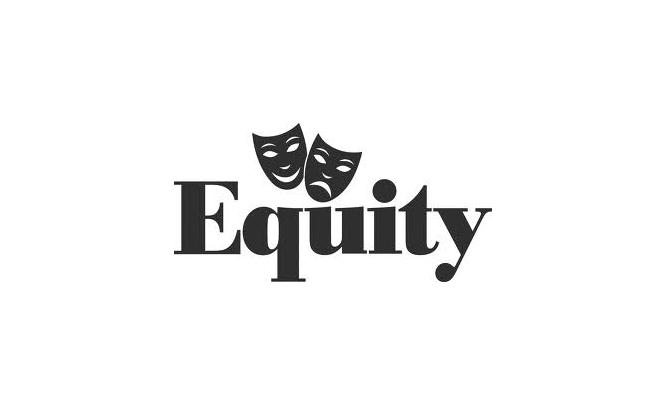In a debt for equity swap, the participating creditors receive equity interests in a reorganised capital structure in consideration for reducing their debt claims against the company.
1st October 2013
Electra Partners, an independent private equity fund manager based in London has taken a controlling stake in holiday park operator Park Resorts, in a deal that marks the UK listed private equity firm’s first ever debt-for-equity swap. The London based firm said it has led the refinancing of Park Resorts’ debt facilities using a payment in kind note, which will result Electra owning a 54 percent in the UK business. Park resorts is a leading operator of holiday parks offering caravan holidays and holiday homes at 39 sites across England, Scotland and Wales. After the refinancing process is completed, funds managed or advised by Electra Partners will hold senior debt and PIK notes with a par value of £ 145 million, PIK notes are most commonly used in restructurings than buyouts because they allow the company to convert part of its debt into an instrument with deferred interest payments allowing cash strapped companies enough time to service their debts. The refinancing of the existing debt facilities will reduce the company’s senior debt from £ 353 million to £ 316 million and extend its maturity to December 2017. In January 2012, Electra had paid £ 45.5 million to acquire part of the Park Resorts debt from Lloyds Banking Group.
A spokesman from Electra said this was the firm’s first debt-for-equity swap. He said “Although we have always had the flexibility to invest in debt and secondaries until recently it is not something we have done a lot of. We feel that this deal will offer a better return for our shareholders”
What is Debt-Equity Swap?
Investopedia defines a debt-equity swap as a refinancing deal in which a debt holder gets an equity position in exchange for cancellation of the debt. The swap is generally done to help a struggling company to continue its operations, however, this type of refinancing may also be used by companies to take advantage of favourable market conditions. Covenants in the bond indenture have the right to prevent a swap from happening without their consent.
Covenants are a particular clause in an agreement and bond indenture is a written agreement between the issuer of a bond and his bondholders, usually specifying the interest rate, maturity date, convertibility and other terms.
In a debt for equity swap, the participating creditors receive equity interests in a reorganised capital structure in consideration for reducing their debt claims against the company. It is a route by which company can avoid prospective insolvent liquidation caused due to negative cash flows or balance sheet solvency issues. This may be due to the company’s inability to service a relatively high level of debt, a situation which has happened due to the company’s poor financial performance. From a debtor’s perspective, such balance sheet restructurings can have a significantly positive impact by enabling it to continue to trade and compete more effectively on the basis of a significantly reduced debt burden. Debt for equity swaps were used by hedge funds to launch hostile takeovers, but in recent years has become one of the preferred restructuring mechanism for struggling businesses on the verge of bankruptcy.
Strategy to Exit Bankruptcy
Eastman Kodak Company a photography pioneer earned court approval last month to emerge from bankruptcy as a much smaller digital imaging company. The photography pioneer would now focus on commercial imaging business, which includes digital printers and motion picture film. Founded by George Eastman and based in Rochester, New York it has offered to swap its $ 2.7 billion of unsecured debt for shares in a new company in a reorganisation plan.

